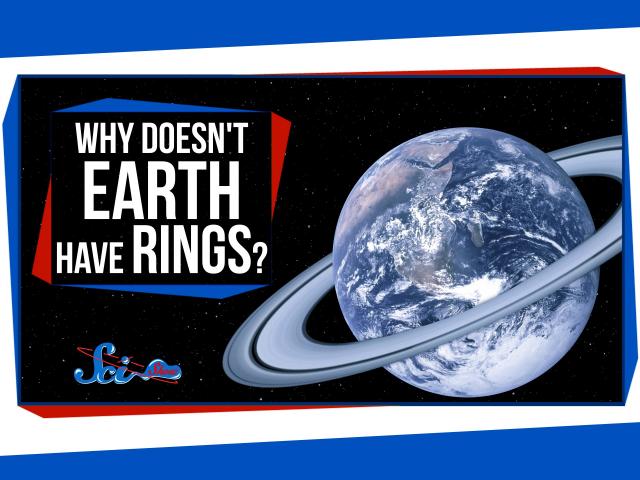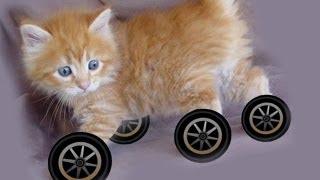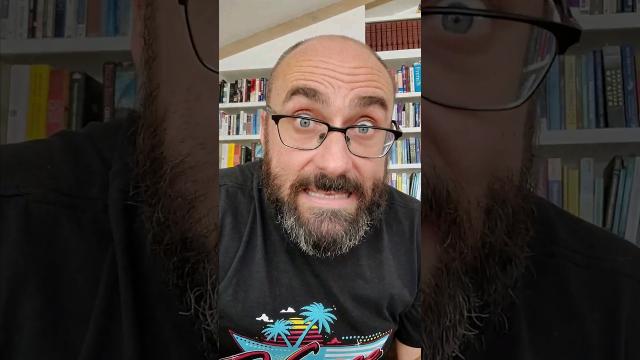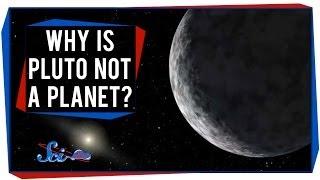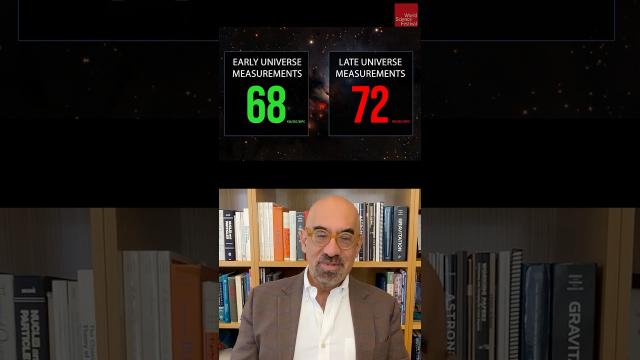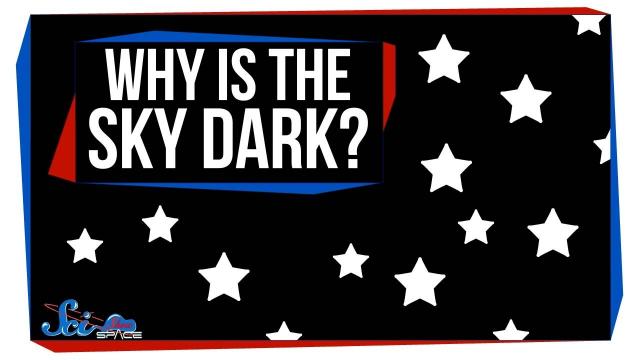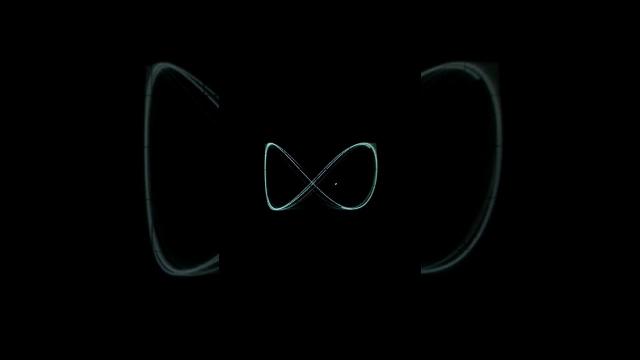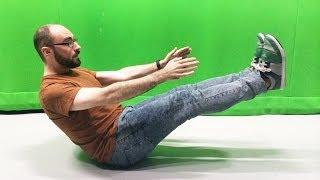Time Travel, Teleportation & Science
Time travel is the concept of moving between different points in time in a manner analogous to moving between different points in space, generally using a theoretical invention, namely a time machine. It has a commonly recognized place in philosophy and fiction, but has a very limited application in real world physics, such as in quantum mechanics or wormholes.
Although the 1895 novel The Time Machine by H. G. Wells was instrumental in moving the concept of time travel to the forefront of the public imagination, The Clock That Went Backward by Edward Page Mitchell was published in 1881 and involves a clock that allowed three men to travel backwards in time.[1][2] Non-technological forms of time travel had appeared in a number of earlier stories such as Charles Dickens' A Christmas Carol. Historically, the concept dates back to the early mythologies of Hinduism (such as the Mahabharata), Buddhism, and Islam through ancient folk tales. More recently, with advancing technology and a greater scientific understanding of the universe, the plausibility of time travel has been explored in greater detail by science fiction writers, philosophers, and physicists.
Teleportation, or Teletransportation, is the theoretical transfer of matter or energy from one point to another without traversing the physical space between them. It has a commonly recognized place in science fiction literature, film, and television, but as yet has a very limited application in real world physics, such as quantum teleportation or the study of wormholes.
Science (from Latin scientia, meaning "knowledge") is a systematic enterprise that builds and organizes knowledge in the form of testable explanations and predictions about the universe. In an older and closely related meaning, "science" also refers to a body of knowledge itself, of the type that can be rationally explained and reliably applied. A practitioner of science is known as a scientist.
In modern usage, "science" most often refers to a way of pursuing knowledge, not only the knowledge itself. It is also often restricted to those branches of study that seek to explain the phenomena of the material universe.
Source : Wikipedia
-
03:42
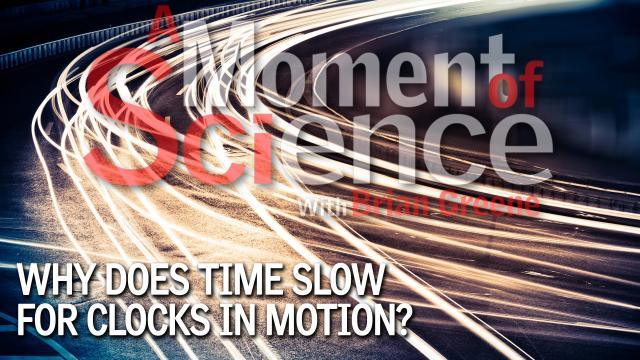
Why does time slow for clocks in motion?
Added 703 Views / 0 LikesWhy does time slow for clocks in motion?
-
06:35
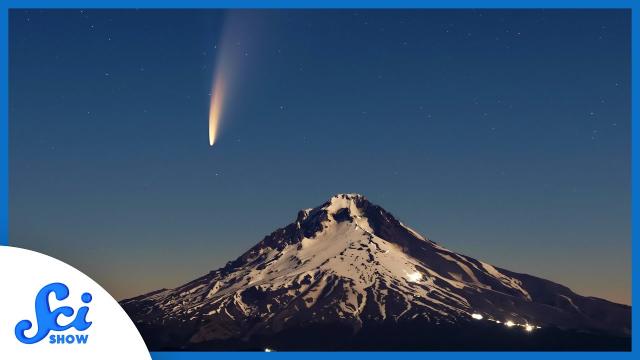
Why Don't Comets Ever Have a Green Tail?
Added 225 Views / 0 LikesTo get $5 off your own personalized Magic Spoon variety pack, head to https://magicspoon.thld.co/scishowspace_0122 and use code SCISHOWSPACE at checkout!There’s no question that comets have been regarded as some of the most beautiful things in the night s
-
01:00

Why Don't Flames Have Shadows?
Added 171 Views / 0 Likeshttps://www.wtamu.edu/~cbaird/sq/2015/12/01/can-a-fire-have-a-shadow/https://www.wtamu.edu/~cbaird/sq/2013/06/21/how-does-plasma-make-a-campfire-flame-orange/
-
04:11
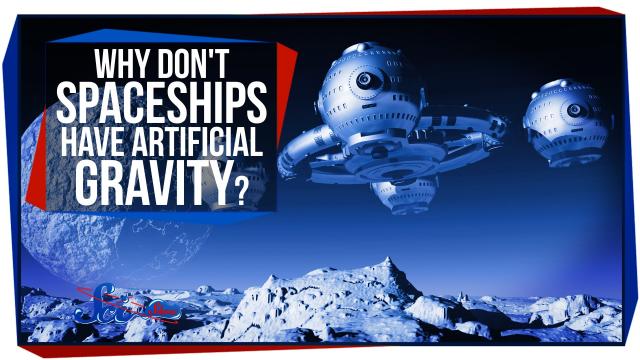
Why Don't Spaceships Have Artificial Gravity?
Added 738 Views / 0 LikesWhy Don't Spaceships Have Artificial Gravity?
-
05:02
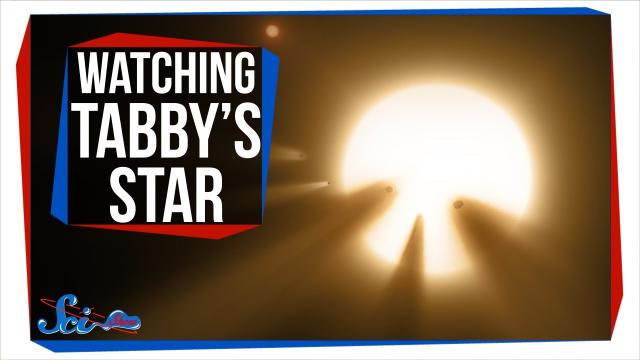
Why Everyone Was Watching Tabby's Star Last Weekend
Added 737 Views / 1 LikesWhy Everyone Was Watching Tabby's Star Last Weekend
-
04:34
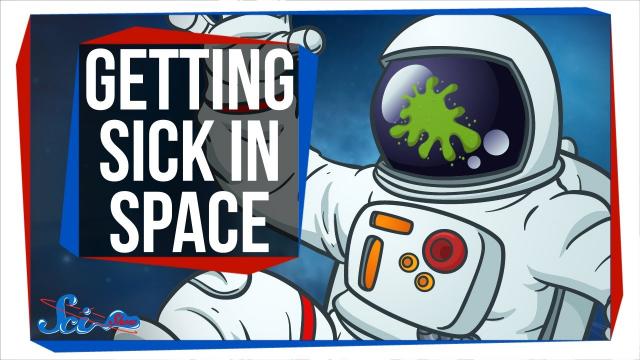
Why Getting Sick in Space Is the Worst
Added 655 Views / 0 LikesWhy Getting Sick in Space Is the Worst
-
04:39
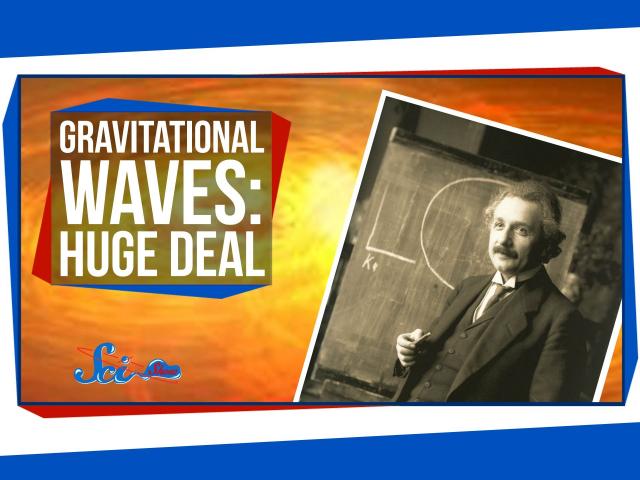
Why Gravitational Waves Are a Big Deal
Added 712 Views / 0 LikesWhy Gravitational Waves Are a Big Deal
-
06:24
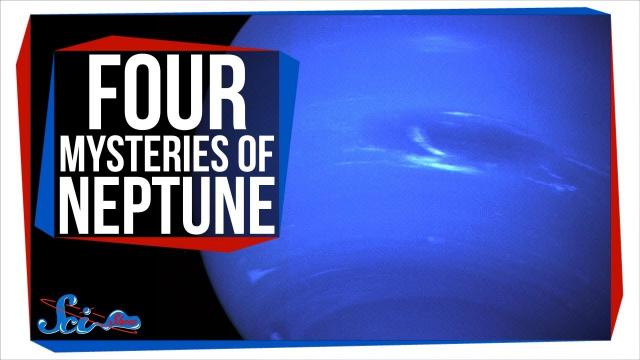
Why Is Neptune So Blue? And 3 Other Mysteries an Orbiter Could Solve
Added 469 Views / 0 LikesStart protecting yourself on the web at https://NordVPN.com/SCISHOW or use code SCISHOW and save 77%!Neptune is almost four times larger than Earth, has super intense storms, and we barely know anything else about it. It is time to send another orbiter ou

